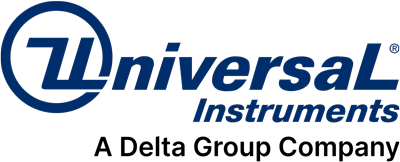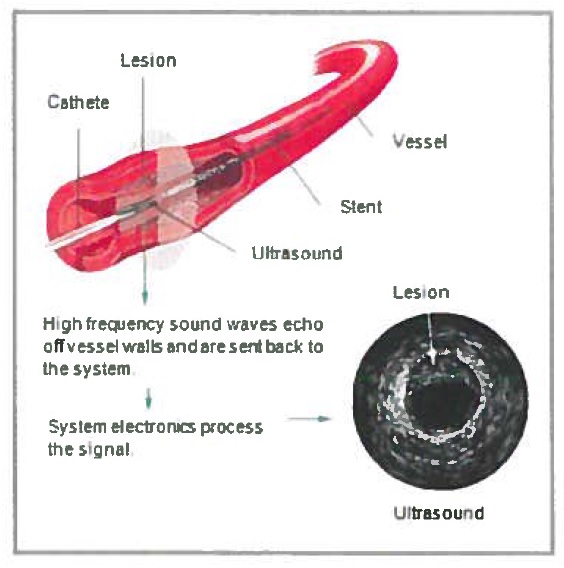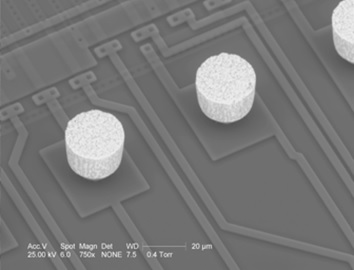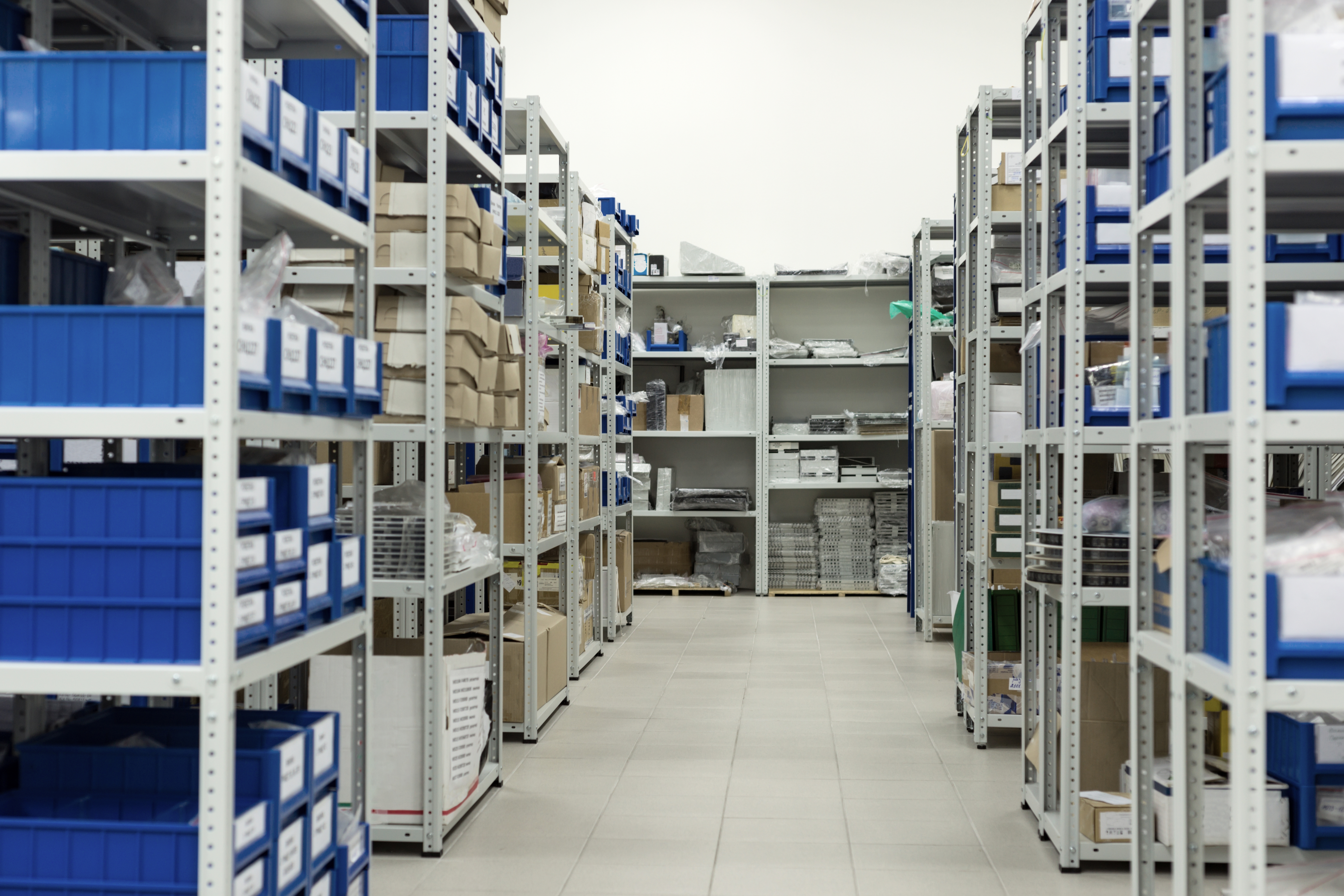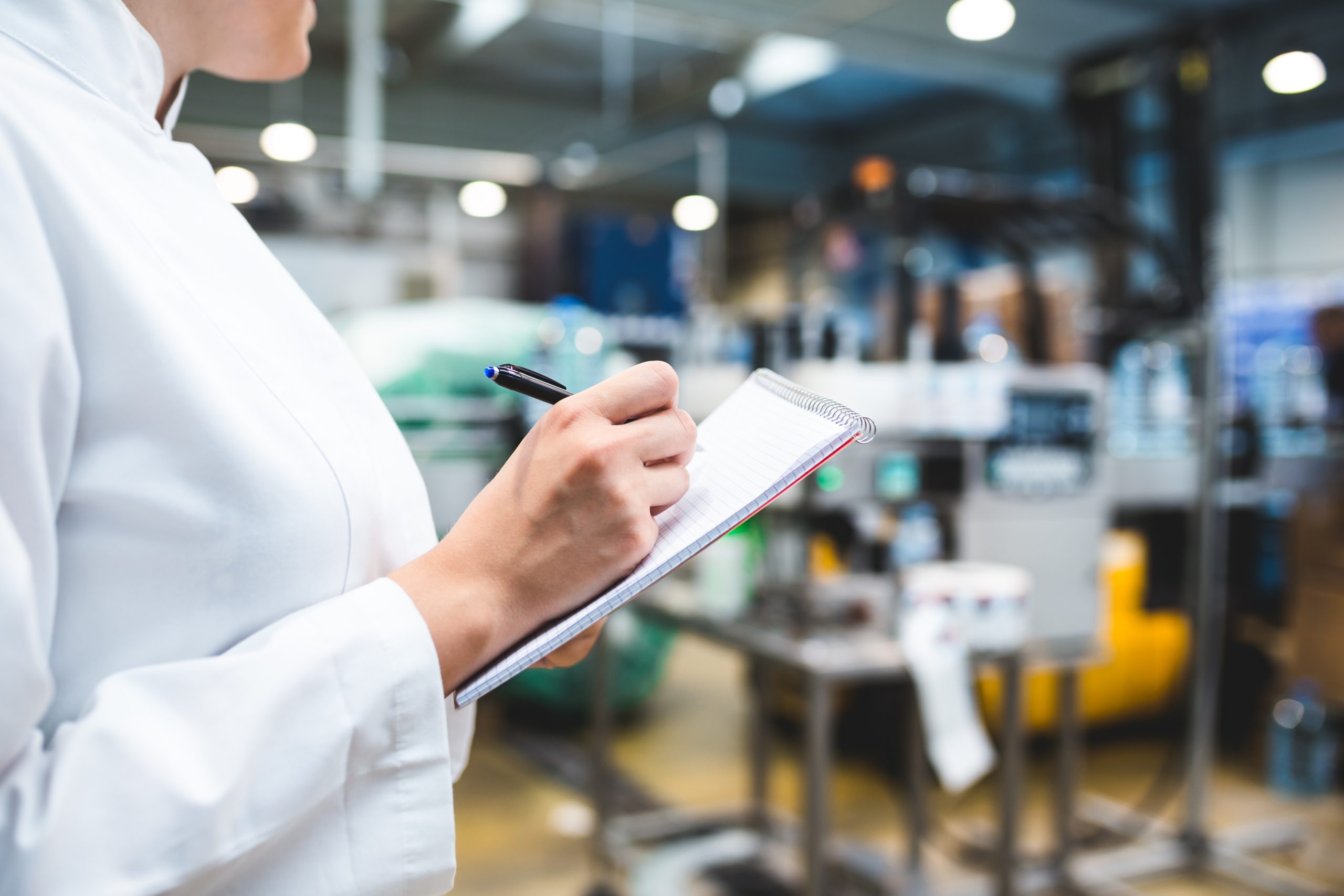May 21, 2015 – The Advanced Process Laboratory of Universal Instruments may be the diamond in the tiara of the company. Operating as an independent business with labs in Binghamton, NY and Shanghai, China, the APL delivers several distinct offerings to its clients that are highly differentiated. These include the AREA (Advanced Research on Electronics Assembly) Consortium which conducts manufacturing – relevant research to augment member’s systematic knowledge and understanding of assembly rework and reliability; failure analysis services – conducted in a world class FA lab by academically distinguished material scientists and process experts – providing clients invaluable time-to-profit results on critical components; and Advanced Process Development and Transfer which speeds time-to-market for leading-edge processes and know-how. It is this last – in the area of advanced implantable medical devices – which we want to highlight today.
The Market of Microsystems for Healthcare & IVUS Application
In an era of aging populations among the developed countries, markets for medical devices are growing rapidly. Advances in areas such as medical imaging and devices enabling self-monitoring of age-related diseases like Type II Diabetes are resulting in the need for leading-edge processes in electronics manufacturing. Figure 1 below, illustrates the Compound Annual Growth Rates of various segments of healthcare applications in which microsystems are playing a critical role.
Perhaps the most exciting segments is In Vitro Diagnostics, which is the largest market and one that continues to grow at a Compound Annual Growth Rate of 24.5% through 2015. One important application among In Vitro Diagnostics segment is a methodology known as Intravascular Ultrasound (IVUS). This specialized medical imaging technique uses a highly complex catheter that has a miniaturized ultrasound probe attached to its distal end. The proximal end is then attached to well-established ultrasound equipment. Once the catheter is inserted into the blood vessels of the body, this catheter and its probe permit the medical practitioners to see from inside the blood vessels out through the surrounding blood column. These procedures are done, of course, on living beings. The IVUS methodology is most frequently applied to the arteries of the heart (coronary arteries) for diagnosis of plaque and prevention of heart attacks and arterial lesions.
The Role of UIC’s Advanced Process Lab in Enabling IVUS
In 2010, UIC’s Advanced Process Laboratory (APL) worked in collaboration with the global leader in IVUS catheter to define and develop an assembly process capable of producing these challenging devices in a cost-effective manner. The assembly calls for the use of a flexible Polyimide (PI) organic substrate 12 microns thick with 14 microns line and space; most of us are familiar with polyimide as the flexible cable that connects the main logic board of your laptop to the display (which must flex every time the laptop is opened or closed). Examples of polyimide films include Apical, Kapton, UPILEX, VTEC and Kaptrex. It also calls for a Piezoelectric sensor to facilitate the ultrasound imaging. Finally, the assembly process is among the most challenging in use anywhere in the world today, requiring the placement of multiple flip-chip with 22 um bumps on 70um pitch. The APL worked all aspects of this development, defining materials, process steps and equipment capable of delivering the accuracy, throughput and ROI required to “fit” the manufacture of disposable (albeit expensive, as these units are marketed at toughly $750 each) catheters. In a bit more detail, the APL and its scientists helped to refine the packaging concept, re-designed the initial substrate for improved performance, and defined/developed the complete assembly process. Then, to provide ample proof of concept, the APL actually assembled prototypes, assisted in the qualification process and conducted analytical and reliability testing.
As part of this final phase, the APL provided the integrated automation solution and associated fixturing required to handle the thin, flexible substrate. The equipment use? You might have guessed that the Genesis Series II with the accuracy required for Advanced Placement applications fit the bill.
When the development was done, APL and the Universal Instruments Field Operations Team collaborated on the transfer of the process to a third-party contract manufacturer.
How Can the APL Help You Grow Your Business?
Universal’s Channel and Channel Partners are successful because they are trusted advisors to their customers. They have a unique ability to comprehend the advanced assembly challenges of their customers and the products they are building. When your customers face new challenges- and are, themselves, seeking to grow their business, the APL can step in with unique value to assist in the definition of materials, processes and assembly solutions; turning an opportunity over to the APL is a great way to advance your position as trusted advisor to your customers.
Contact David Vicari (+1 607-761-4092/ vicari@uic.com) for information on Advanced Process Lab, or visit https://www.uic.com/solutions/apl/.
